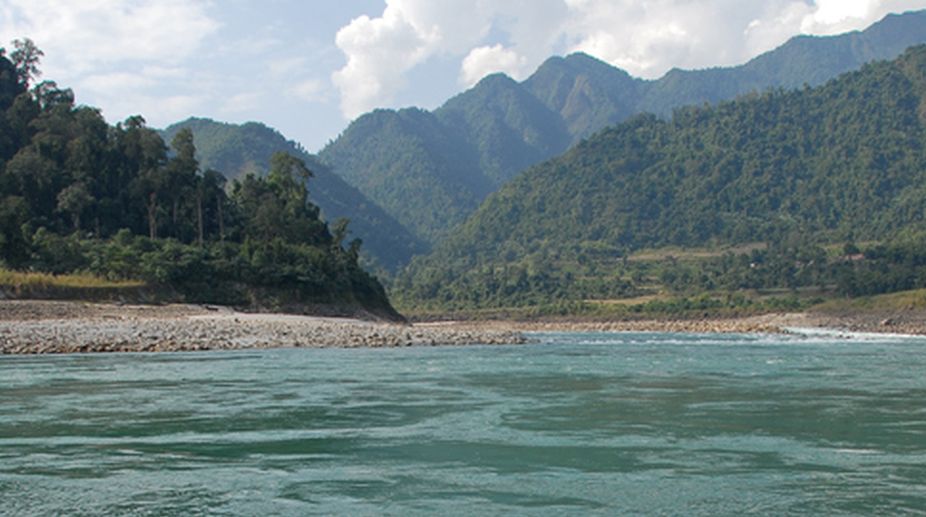PM spells out India’s position on China
I n a recent interview to Newsweek, the Prime Minister, discussing Indo-China relations, commented, “For India, the relationship with China is important and significant.

Siang River in Arunachal Pradesh (Photo: Getty Images)
Upset with India for allowing the Dalai Lama to visit Arunachal Pradesh recently despite its protestations, China has sought to add a new dimension to its claim over the Indian state by renaming six places in the North-eastern state that it calls ‘South Tibet’.
Significantly, the ‘standardisation’ of the names in Chinese characters was made by the Chinese Ministry of Civil Affairs and not by the Foreign Ministry as is the practice being followed by Beijing while making such critical announcements. New Delhi is expected to react to the development.
Chinese daily Global Times, which is considered close to the Communist Party leadership, reported Wednesday that the move was aimed at reaffirming China’s claim over the state. It said the Ministry of Civil Affairs announced on 14 April on its website that it had standardised the names of six places in ‘South Tibet’ in accordance with the regulations of the State Council. The official names of the six places are Wo'gyainling, Mila Ri, Qoidêngarbo Ri, Mainquka, Bümo La and Namkapub Ri.
Advertisement
"These names have existed since ancient times, but had never been standardised before. Therefore, announcing the names is like a remediation," Mr Guo Kefan, a research fellow at the Tibet Academy of Social Sciences, was quoted as saying. Standardising the names from the angles of culture and geography could serve as a reference or leverage when China and India negotiate border issues in future, he added.
The move by Beijing is being seen in retaliation to the Dalai Lama’s visit to Arunachal Pradesh earlier this month. At least on three occasions, China went on record to say that his visit to Arunachal would severely damage bilateral ties. However, India refused to buckle under pressure, saying the Dalai Lama was an honoured guest of India who was free to travel anywhere. China’s contention has been that the Dalai Lama was more interested in politics than religious affairs and has been instigating his followers in Tibet to revolt against the Communist Party leadership.
India too has played the name-game as far as Arunachal Pradesh is concerned. It became an Indian state 30 years ago on 20 February 1987. It was initially a Union Territory which was carved out of Assam. The state was known as the North East Frontier Agency (NEFA) until 1972.
Advertisement